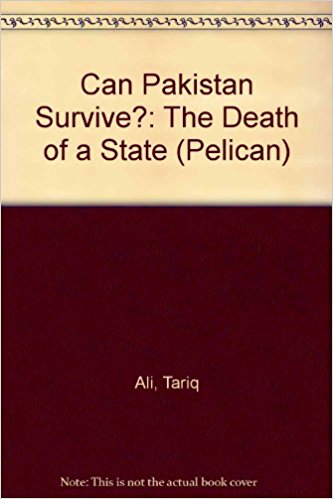Pakistan shares with Israel the dubious distinction of be¬ing one of the two confessional states in the world today, states whose survival was^ re¬garded as unlikely even before their birth. Both Pakistan and Israel were built on the viola¬tion of every principle of nationhood, both were erected on the basis of the displace¬ment of large bodies of people in their fount-head territories, both derived sustenance from the imperatives of an imperial¬ism that had ruled through fostering division rather than as the result of a popular demo-cratic movement conferring them with legitimacy. Given this unnatural genesis, the ruling classes of Pakistan soon found few of the implements necessary to build a nation within its truncated territories. The ab¬sence of a single political party with a trans-social reach or roots; feeble shoots of indus¬trialization or capitalist agri¬culture; an army and a civil service that bore deep traces of its colonial provenance; a civil society that was partially united around a delusion, Islam, and crippled by many of its principal opting for India—the circumstances of 1947 are probably what Sal¬man Rushdie meant when he said the Pakistan was ‘insuffi¬ciently imagined’… or ‘half-imagined’.1 During the next thirty-seven years, a series of illusory surrogates for nation-building were acquired—prin¬cipally martial law, the Islamization of the country— as attributes that Pakistan, in the 1980s, shares with Libya and Indonesia. But to round off the nutshell view of tricks that ‘history’ plays on its non-readers, Bangladesh too has been experimenting with the same formula of negations and this is surely a negation of two Partitions, those of 1947 and 1971, as well as proof that the 1940s lead on to the 1980s in a trajectory of stunted deve¬lopment and dependency.
Jan-Feb 1984, volume 8, No 4

